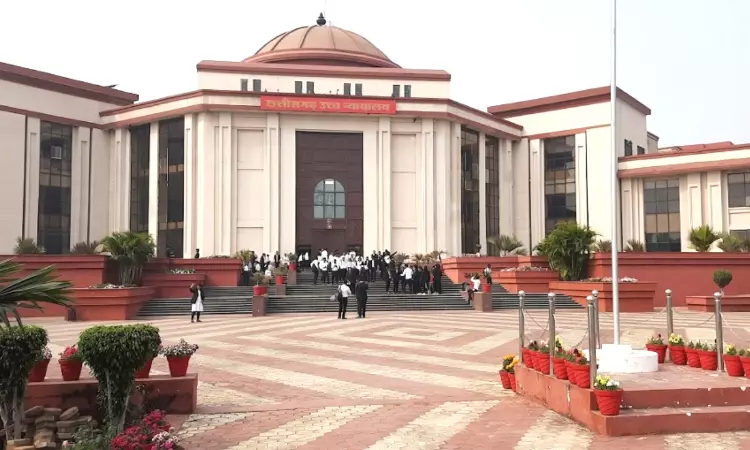Mere Recovery Of Weapon Can't Justify Conviction Sans Established Motive: Chhattisgarh HC Acquits 4 In 2017 Murder Case
Bhavya Singh
28 Aug 2024 9:09 PM IST

Next Story
28 Aug 2024 9:09 PM IST
The Chhattisgarh High Court has overturned the conviction of four men accused in a 2017 murder case, underscoring the importance of a clear and established motive in criminal prosecutions. The division bench, comprising Chief Justice Ramesh Sinha and Justice Bibhu Datta Guru, acquitted observed, “Mere recovery of weapon from the appellants cannot become the basis of conviction when there is...
